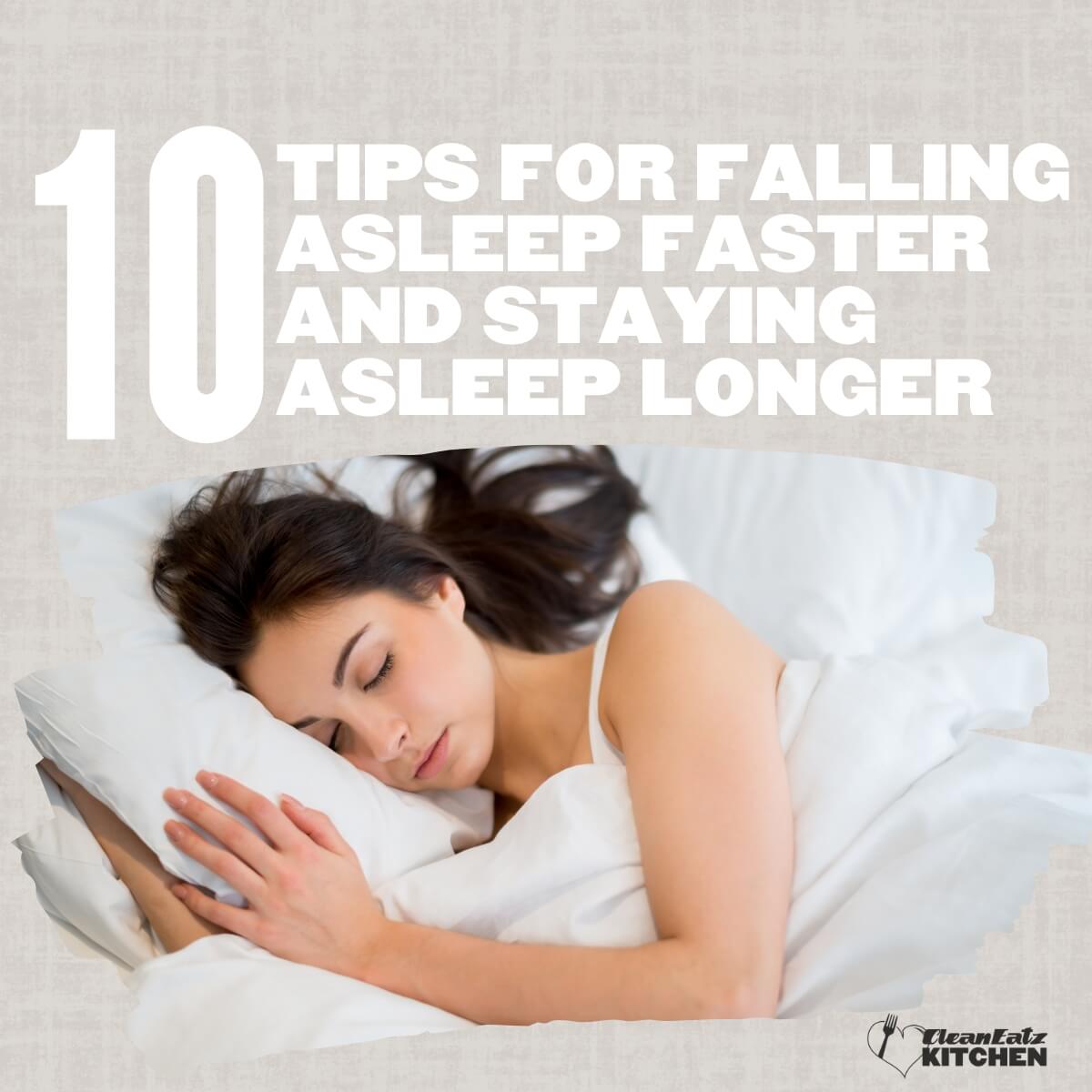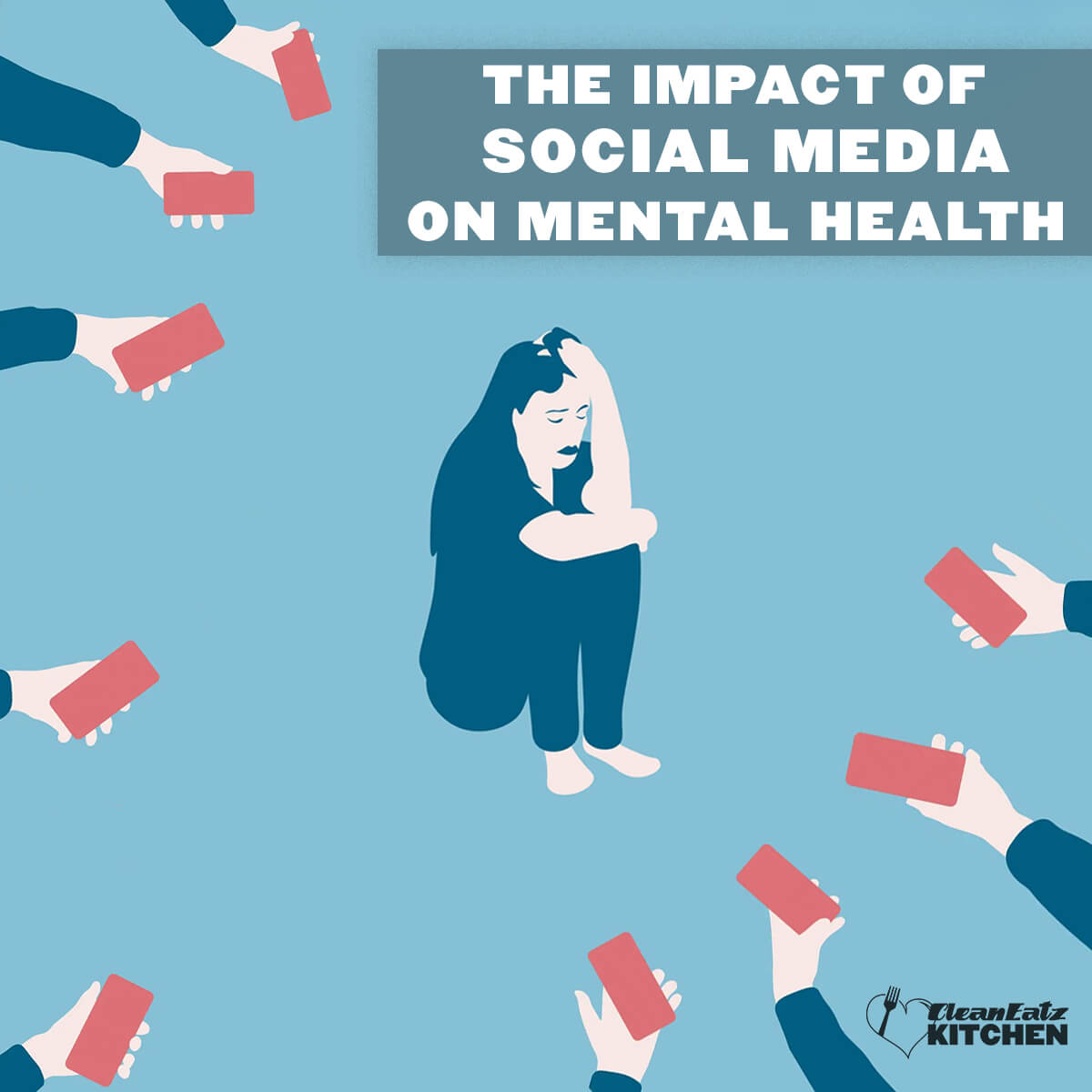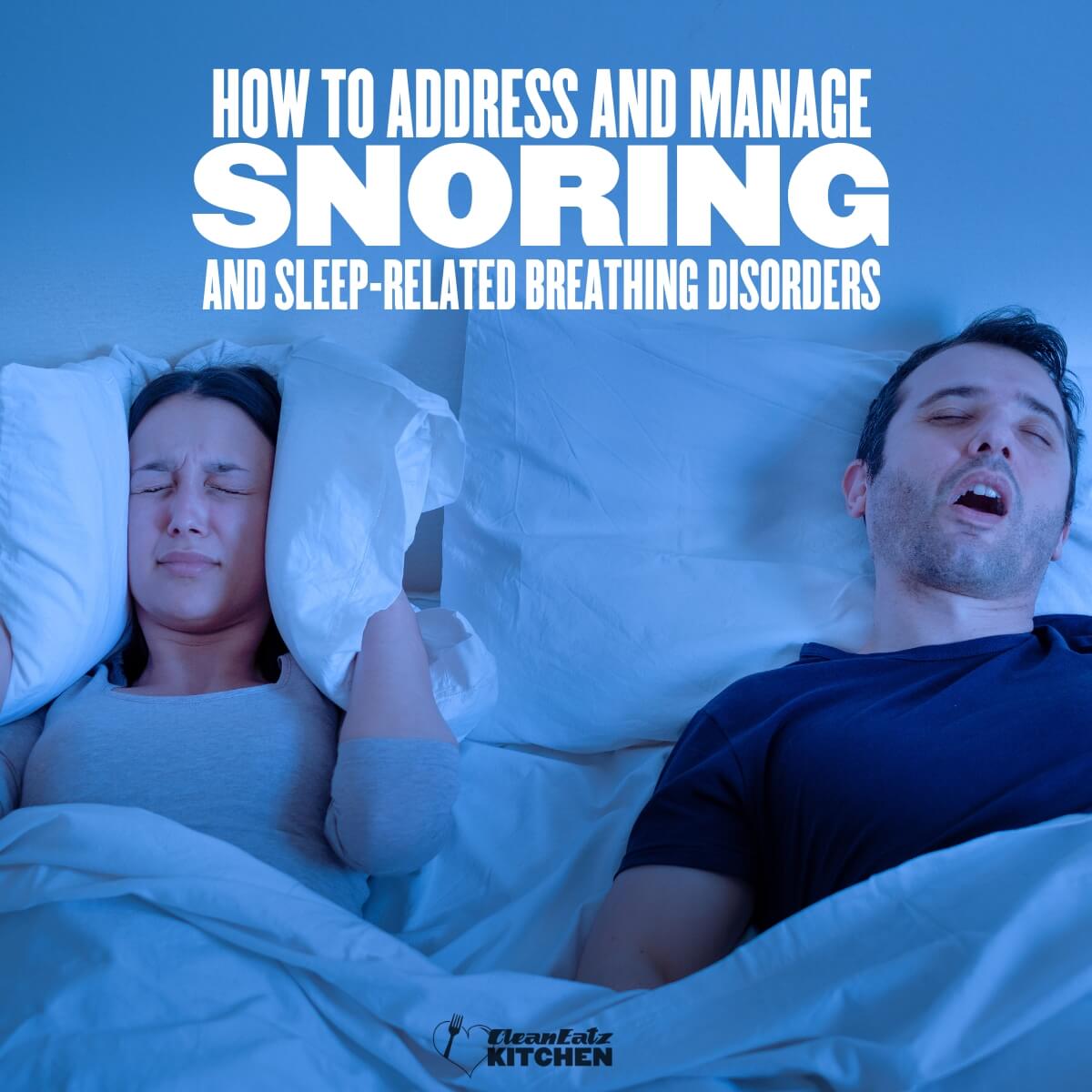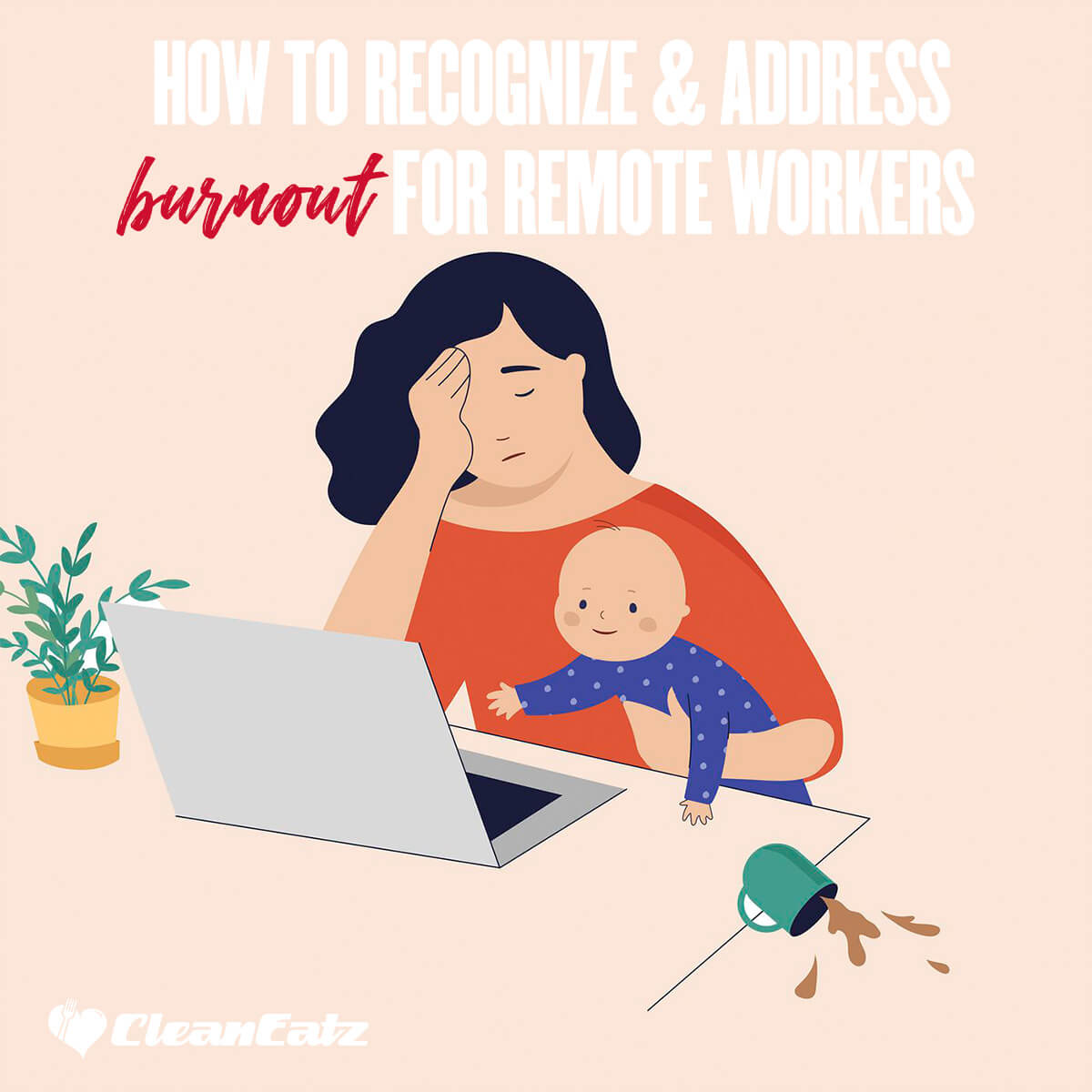
10 Tips for Falling Asleep Faster and Staying Asleep Longer
Jason Nista
Healthy Lifestyle
|
Sleep
9 minute read
Sleep is essential for our physical and mental health, yet many of us struggle to get enough of it. Whether it's due to stress, an irregular sleep schedule, or simply the habit of staring at screens before bed, the result is the same: restless nights and groggy mornings. However, incorporating effective tips for falling asleep can help you sleep faster and stay asleep longer.
Why Can’t I Sleep?
Let’s see first some of the reasons, such as disturbances in the different stages of sleep, why it might be hard for you to fall and/or stay asleep so that you have a better understanding and can come up with better solutions specific to your situation.
Stress and anxiety
Having too many things on your mind, due to work, school, and the other competing demands in your life can be a sure way to lose sleep at night, so finding strategies and routines that can aid in calming yourself down and release your mind from this worries at night can help you get into that restful, relaxed state needed for sleeping.
More stress and anxiety
Ironically, the difficulty falling asleep or getting enough sleep at night can be a great stressor that keeps you awake and prevents you from dozing off, tossing around in bed, and piling on more negative thoughts that produce anxiety and releasing chemicals that keep you alert for longer. So actively taking measures to improve your environment and sleep quality can be a good way to break up the cycle ease those thoughts and improve your sleep.
Stimulating habits too close to bedtime
You might be getting too much caffeine in the late afternoon or evening, whether from coffee or other drinks that you might not even be aware contain caffeine. Thankfully that doesn’t mean you have to quit coffee, although reducing it might be a good idea in some cases, you just have to be aware of the times you have it and control your afternoon and evening intake. This is just one of many habits that you might have done close to the resting time that is keeping you awake.
You sleep in
Another interesting irony is that sleeping more in the morning and waking up later, like we all love to do on weekends, can have a negative effect on your sleeping, mainly because waking up later will move your whole inner clock and keep you awake until later that night. Engaging in a consistent sleeping schedule can be the fix you need to improve your resting time.
Not getting enough sunlight or physical activity during the day
Getting sunlight in the morning is important to regulate your circadian rhythm and help you wake up and stay alert during the day, and combined with physical activity during the day they help your body’s adenosine system to allow you to fall asleep faster at night. Simply put you’re tiring yourself during the day to be more sleepy at night at the right time.
10 Tips For Falling Asleep
Sleep is a vital component of our overall well-being, contributing significantly to both our physical and mental health. However, many people find it challenging to fall asleep easily and enjoy a restful night's rest. In this article, we will explore ten effective tips for falling asleep faster and improving the quality of your sleep.
Tip 1: Establish a Bedtime Routine
Having a bedtime routine can help signal to your body that it's time to wind down and prepare for sleep. This routine could include activities such as reading a book, listening to soothing music, stretching, or taking a warm bath. The key is to choose calming and relaxing activities and do them consistently every night.
Tip 2: Create the Perfect Sleep Environment
Your sleep environment can greatly impact the quality of your sleep. To create a sleep-conducive environment, make sure your bedroom is cool, dark, and quiet. Invest in a comfortable mattress and pillows, and keep the room free from distractions such as noise and bright lights.
Tip 3: Limit Exposure to Screens Before Bedtime
The blue light emitted by screens can interfere with the production of the sleep hormone melatonin, making it harder to fall asleep. To limit exposure to screens before bedtime, try to avoid using electronic devices such as smartphones, laptops, and televisions for at least an hour before you go to bed. If you must use these devices, consider using blue light-blocking glasses or software to reduce the impact of the blue light on your sleep.
Tip 4: Exercise Regularly
So what are the benefits of exercise? Regular exercise has been shown to improve sleep quality and help you fall asleep faster. Aim to get at least 30 minutes of moderate-intensity exercises, such as brisk walking, most days of the week. Just be mindful of the timing of your workout, as exercising too close to bedtime can have the opposite effect and make it harder to fall asleep.
Tip 5: Avoid Stimulants Like Caffeine and Nicotine
Caffeine and nicotine are both stimulants that can interfere with sleep. Caffeine can be found in coffee, tea, soda, and energy drinks, and it is best to avoid consuming these products for at least 4-6 hours before bedtime. Similarly, nicotine should be avoided, especially in the hours leading up to bedtime.
Tip 6: Eat a Balanced Diet
Eating a balanced diet that is rich in nutrients and low in sugar and saturated fats can also improve sleep quality. In addition, try to avoid large meals close to bedtime, as this can interfere with sleep. Instead, opt for a light, healthy snacks to lose weight that contains tryptophan, an amino acid that can help promote sleep. Some good options include nuts, seeds, dairy products, and whole grains.
Tip 7: Practice Relaxation Techniques
Relaxation techniques, such as deep breathing, yoga & meditation, can help calm the mind and body, reducing stress and promoting sleep. Experiment with different techniques to see what works best for you and make them a regular part of your bedtime routine.
Tip 8: Get Enough Natural Light During the Day
Exposure to natural light during the day can help regulate your circadian rhythm and improve sleep quality. Try to get outside for at least 30 minutes a day, especially in the morning when natural light is most effective. If that's not possible, consider using a light box or lamp that simulates natural light.
Tip 9: Try to Stick to a Consistent Sleep Schedule
Having a consistent sleep schedule can help regulate your circadian rhythm and make it easier to fall asleep and stay asleep. Try to go to bed and wake up at the same time every day, even on weekends, to help maintain a consistent sleep schedule.
Tip 10: Consider Seeking Professional Help If Necessary
If you're struggling with sleep despite making lifestyle changes, it may be helpful to seek professional help. A sleep specialist can help you identify any underlying sleep disorders and provide recommendations for treatment. In some cases, medication may be necessary to help improve sleep. Don't hesitate to seek help if you're not getting the restful sleep you need.
Getting adequate sleep is crucial for our physical and mental well-being. By incorporating these ten tips into your daily routine, you can improve the quality of your sleep and wake up feeling refreshed and ready to tackle the day. Remember that everyone's sleep needs are different, so it may take some experimentation to find what works best for you. With a little effort and patience, you can establish healthy sleep habits and enjoy the many benefits of a good night's sleep.
Tips for Falling Asleep and Staying Asleep Longer
You don’t need to implement all of these changes at once as that might be too complicated and add even more stress to your life, thus making sleeping better even harder. So pick one or two and give them a try for a few days and then assess the benefits it had before adding more changes.
However, if after trying a few of these tips you still find it difficult to get a good night’s rest, you should seek professional medical help as there might be other conditions that need to be addressed like apnea, restless leg syndrome, or insomnia. In fact, it would be the best course of action to seek guidance from a professional as you try to implement these changes so they can monitor your progress and make sure it is all conducted in a safe manner. Remember, addressing sleep and mental health is crucial, and a healthcare professional can provide valuable insights into how sleep impacts your overall well-being.
Final Thoughts
Incorporating these ten tips into your bedtime routine can make a substantial difference in your ability to fall asleep quickly and enjoy a more restorative sleep. Remember that establishing healthy sleep habits takes time, so be patient and consistent in applying these strategies. By prioritizing quality sleep, you can enhance your overall well-being and wake up feeling refreshed and ready to face each new day.
FAQ
Why is improving sleep quality important for overall health?
Quality sleep is essential because it contributes significantly to both physical and mental well-being. It aids in memory consolidation, hormone regulation, and immune system function. Poor sleep quality can lead to increased stress, decreased cognitive function, and a weakened immune system.
How can I establish a consistent sleep schedule?
To create a consistent sleep schedule, determine the optimal amount of sleep you need (usually 7-9 hours for adults), and choose a bedtime that allows you to achieve this goal. Set an alarm to wake up at the same time every day, even on weekends, to help regulate your body's internal clock.
Why is a bedtime routine important for better sleep?
A bedtime routine is crucial because it signals to your body that it's time to wind down and prepare for sleep. Effective routines might include activities like reading a book, taking a warm bath, or practicing relaxation techniques such as deep breathing.
How does limiting screen time before bed help improve sleep quality?
Limiting screen time before bed is important because the blue light emitted by screens can interfere with melatonin production, the hormone that regulates sleep. Aim to avoid screens at least an hour before bedtime to allow your body to naturally prepare for sleep.



